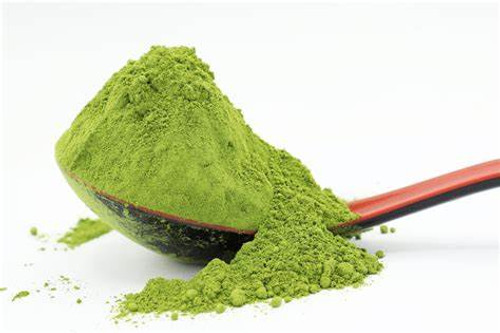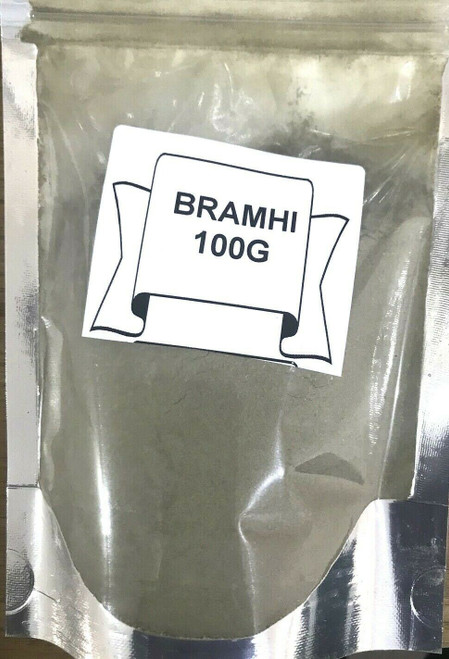Top 5 health benefits of moringa 100g
1. Rich source of protective antioxidants
Antioxidant compounds, including nutrients and phytochemicals, help protect cells from the damage incurred by molecules called free radicals, these are produced by the body when exposed to environmental toxins like pesticides and cigarette smoke. Moringa, and most notably its leaves, are rich in a number of beneficial compounds which provide antioxidant protection. These include vitamin C and beta-carotene as well as polyphenols, such as quercetin, rutin and chlorogenic acid.
2. May support blood sugar control

Most of the evidence supporting the use of moringa for balancing blood sugar has been based on animal studies – these suggest that compounds in the leaves may stimulate the cells of the pancreas, which are responsible for the secretion of the blood-sugar balancing hormone, insulin.
An interesting study looking at the effects of the leaf powder on postmenopausal woman showed that taking 1½ teaspoons of moringa leaf powder every day for three months reduced fasting blood glucose levels by an average of 13.5 per cent. This suggests that moringa may be helpful in addressing some of the physiological changes experienced by mid-life women.
3. May have anti-inflammatory benefits
Inflammation plays a pivotal role in the development of many chronic illnesses, from obesity and diabetes to arthritis. The root, fruit and leaves of moringa contain substances which inhibit this inflammatory process. Both animal and test tube studies support the use of moringa, although there are still relatively few studies confirming these effects in humans.
4. May protect the liver
The liver is essential for maintaining our health and processing nutrients from our diet. In animal studies, moringa’s high levels of protective compounds called polyphenols helped protect the liver and promote recovery of damaged tissue.
Very recent human trials suggest a possible role for moringa as an anti-cancer drug for liver cancer.
5. May support cognitive function
The rich antioxidant properties of moringa may support cognitive function and be useful in the fight against cognitive decline, as well as conditions like dementia and Alzheimer’s. In addition to this, it would appear that the plant may be useful in supporting mood, memory and neurotransmitter balance, with animal studies suggesting the leaf extract may be helpful for depression.
Studies to date in all of these areas look promising, but there’s still much for us to learn about this plant and its many reputed benefits.
Is moringa safe for everyone?
It is generally considered safe to eat the leaves and seed pods, however caution should be exercised over the bark and pulp. This is especially relevant during pregnancy because the bark contains chemicals which may promote uterine contractions and may increase the risk of miscarriage.
A 10g serving of moringa powder provides:
31 kcals/128KJ
2.5g protein
0.6g fat
2.6g carbohydrates
2.4g fibre
198mg calcium
49.5mg magnesium
4.5mg iron
2.3g vitamin C








